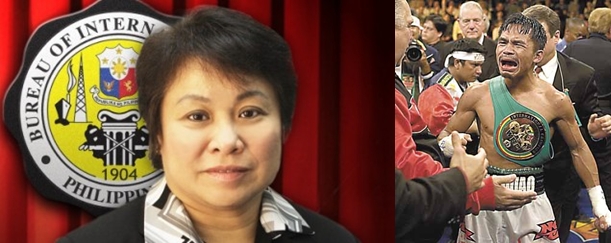Businesses operating in the Philippines are required by the Bureau of Internal Revenue (BIR) to diligently pay taxes for the sale of any item in their store. This is one of the main reasons why the bureau requires businesses to provide customers with a receipt, ensuring that each sale is recorded for proper tax collection at the allotted deadline. Because not all stores religiously provide official receipts to customers, the BIR also urges them to demand for a receipt, with penalties imposed for those businesses that refuse to do so.
The final tax amount due is computed based on a number of factors, with tax rates at different percentages depending on the type of business or item purchased. For instance, most businesses pay a tax rate of 3% from gross sales and receipts while nightclubs, cabarets, and cockpits need to pay 18% from gross receipts. Boxing exhibitions are required to pay 10% while Jai-alai and race track operators need to pay 30% from gross receipts.
Percentage taxes are paid quarterly, with businesses required to send payment not later than 20th day following the end of each quarter.
Taxation, however, is something that is often taken for granted by the average Filipino even when virtually everything is taxed, thanks to the value added tax (VAT) required on most commodities. Still, business owners must diligently pay these taxes to avoid penalties and other sanctions imposed by the BIR.

Quite recently, the country was bombarded with news of boxing champ Manny Pacquiao’s problem with the BIR, with the bureau ordering all his bank accounts frozen over a P2.2-billion case. This angered most of the boxer’s fans, especially because this occurred the day after he won the epic fight with Brandon Rios in Macau.
Previously, Pacquiao’s fights have been held in the US, paying the country 35 to 40% tax of his net income. With the US having a treaty against double taxation with the Philippines, Pacquiao is supposed to be exempted from paying taxes for those wins in the Philippines. BIR, however, insists that the boxing champ was not able to prove that paid those taxes in the US while Pacquiao counteracts, saying that he had already provided those tax returns but the bureau wants him to submit originals, something that the (Internal Revenue Service) IRS actually keeps.
The IRS tax payment plan offers a wide range of options but taxpayers do have to pay taxes due, to avoid penalties and interests. The agency is also known to strictly impose sanctions against tax evaders, including sending them to jail, something that Pacquiao also cited as proof that he did pay his taxes to the US.




















0 Comments